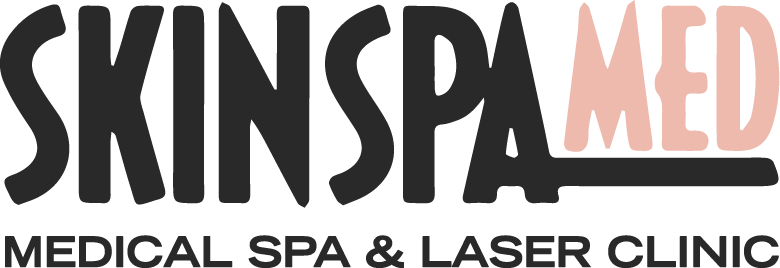Sun Damage Dos and Dont's
/Exposure to ultraviolet (UV) light from the sun can cause premature skin aging, skin cancer and other conditions such as:
Skin texture changes, such as coarse wrinkles, especially on the back of the neck, and fine wrinkles caused by thinning of the skin, especially on the forearms and back of hands. Excessive bruising from minor trauma. Pigment changes, such as brown spots, freckles, age spots and liver spots. White spots on legs, arms and the back of hands. Red areas on the sides of the neck. Moles, some of which can develop into skin cancer. Pre-cancerous skin changes, including red scaly lesions called actinic keratosis and lesions on the lips called actinic cheilitis, both of which can develop into squamous cell carcinoma.
What you should know about sun-damaged skin:
Excessive sun exposure is the most significant cause of aging skin. It also can exacerbate many other skin conditions, including age spots, scars, crow’s feet, frown lines, scars, skin cancer and more.
Do’s and don’ts
Do...
Reduce your exposure by wearing comfortable loose-fitting clothes during summer months.
Use the appropriate level of full spectrum sunscreen, somewhere between SPF 15 and SPF 50.
Wear a hat or head covering while outside.
Get 10 to 15 minutes of sun exposure daily to promote your body’s production of vitamin D.
Don't...
Use sunscreens with SPF factors greater than 50 as they give a false sense of security and may encourage you to stay in the sun too long.
Expose skin to the sun that is red, sore or blistered.
Sun-damaged skin questions to ask a dermatologic surgeon
(Download a Sun-damaged Skin Questionnaire to bring to your appointment)
Which sun-damaged skin is the correct one for me? (What are the options?)
What is the estimated cost of the procedure?
How long is one appointment?
How often will I need to receive treatment?
How far apart are the treatments?
What are the common side effects or complications associated with the procedure?
How can I prepare for the treatment/procedure?
Does the treatment hurt?
What are my pain management and anesthesia options?
How long is the recovery time associated with my procedure?
Do you have before-and-after patient images to help to prepare me for what to expect?
Will someone walk me through the process before going in for treatment?
What are the risks?
What should I expect after the procedure is performed? (i.e., short-term and long-term effects; activity restrictions; expected recovery period)
General questions to ask before sun-damaged skin procedures
Is a doctor on site?
Is the doctor board-certified in dermatology or in another specialty with equivalent training and experience?
Was my medical history taken?
Was I given an initial evaluation to determine if the technique or procedure is appropriate for my skin type?
Did the doctor show me before-and-after photos?




